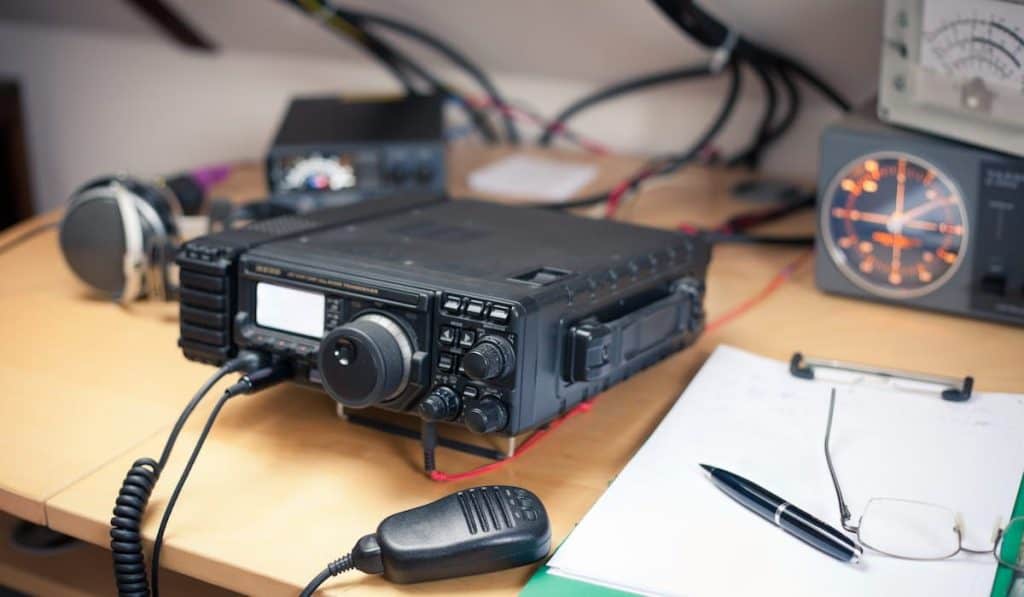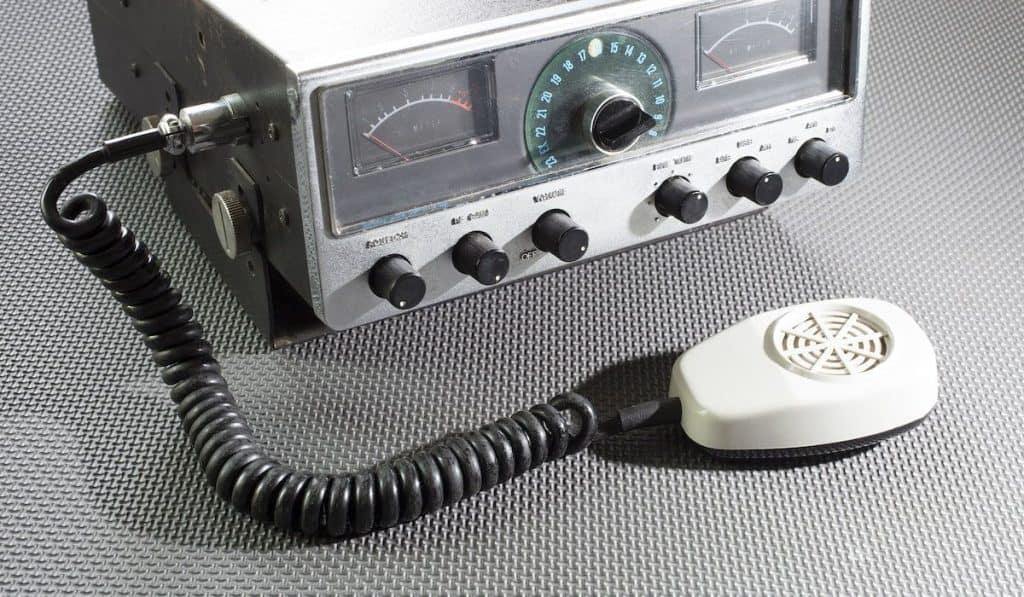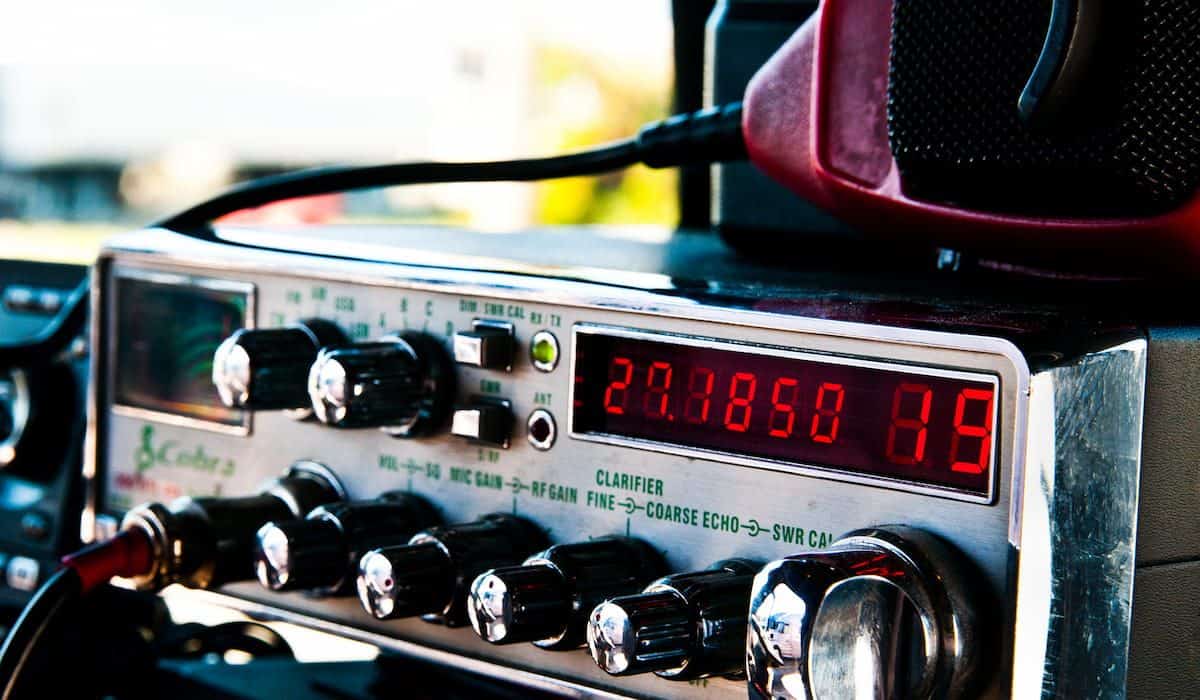Many individuals decide to broadcast using ham radio bands before getting a license. These individuals are known as pirate radio operators in general which also include other unlicensed operators outside the ham bands.
Many of these pirate hams largely go unnoticed, especially those that use call signs from other hams mostly those that happen to have passed away.
However, most licensed amateur radio operators are usually on the lookout for such individuals and once they take notice of you, it does not take long for them to catch up with you. Several things can happen once they catch up with you:
- They could give you a warning to cease your operations
- They could report you to the authorities, for example, the FCC in the United States
Once the FCC receives the complaints from licensed hams, they will take their time and conduct an investigation, after which you may be issued with a letter asking you to write to them or visit them to explain why they should not impose huge fines on you or take any legal action that may have huge implications on you.
However, if you are a willful and repeat offender, you may receive a huge fine that can be as low as $10,000. These fines can easily get to the 6-figures level, depending on the number of infractions.
It is important to keep in mind that these charges are usually uncommon for pirates operating within the ham bands.
But in case you interfere with public services such as the fire department, the police, and other frequencies from government agencies, things can get ugly quickly for you and you may even end up facing jail time in the worst-case scenarios.
How Pirate Hams Get Caught
Most individuals that operate on ham frequencies are usually caught by other hams since they are usually self-policing. They mainly do this since they may lose some of the privileges they have as hams if these pirate operations become a nuisance within the amateur bands.
The most common red flag that sets off licensed amateur radio operators on “fox hunts” and the like is the call sign. A fox hunt is where amateurs come together to triangulate the source of the unlicensed transmissions.
Back to the topic at hand. The first red flag that could set you off as an unlicensed amateur radio operator is using a fake call sign which you are required to repeat periodically during your conversations.
Each has a unique code that is essential for identifying each ham to ascertain that they are indeed certified to operate.
If you use a call sign that does not exist, one that belongs to a ham that is currently in operation, or if the call sign does not match with the one you gave before, the recipient could use the available contact logs to determine whether or not you are licensed. He/she may also get in touch with local hams to confirm if they have any transmission from you or if the call sign exists in their contact logs.
Once they determine that you are not a licensed ham, they could use your transmission to triangulate your location in what is known as a “fox hunt” as mentioned above.

If you are a repeat offender, all they will need to do is take note of the time you broadcast and by ‘they’, I mean local hams.
Once they take note of your transmission, they come up in a group of about three hams, with each ham taking a different position and they simply wait until you broadcast again and by using directional antennas and other GPS units, map out several blocks from where the broadcast is originating from.
Some may go as far as finding your exact location and giving you a visit to warn you which is not exactly legal on their end either.
However, most of them may simply take your readings, the records of your conversations, and other records that they can use to file a complaint with the regulatory body.
From here it is up to the regulatory body, in this case, the FCC, to make further investigations and take more action against you.
What Happens When You are Caught Using Ham Bands by Authorities?
Generally, the authorities are usually slow to respond to complaints from licensed hams, mainly due to legal and monetary constraints. However, if you are a willful and repeat offender and have a prior complaint filed against you, the investigation may be very quick.
Recently there has been an increase in the number of actions taken against pirate radio operators including pirate hams and this has also led to an increase in the consequences performing such actions without the proper certification can have.
Once the investigation is completed and you are charged in court and found guilty of the offense, you could be hit with a minimum fine of $10,000.
Fines are the most common consequence that unlicensed amateur radio operators face and some of these repeat offenders have been hit with fines of over $100,000 mainly due to a large number of infractions.
Your radio equipment may also be confiscated by the authorities or you could risk facing some time behind bars if you are found guilty of other offenses. However, jail time is a very rare occurrence.
Most first-time offenders will only be served with a cease-and-desist letter or a summons that requires them to have their case heard by the regulatory body; but even with this in mind it is important to stay away from broadcasting using ham radio until you get a license.

You could instead stick to the citizen band (CB), family radio service (FRS), or multi-use radio service (MURS) which are low wattage radios that do not require a license for operation, in most cases. This is as you prepare to become a licensed ham by using the various guides at your disposal.
Keeping it all Good
If you are interested in amateur radio operations, our complete guide into the ham radio hobby would be a great place to start. This will help you learn the basics that you need to know about this hobby. We also have a guide that explains the technical stuff about how ham radio works that you could find helpful.
From there, you can also use the many available study materials and question pools that you can find online for free or at a fee depending on the certification level you are going for.
Once you feel ready and well-equipped to sit for your amateur radio test, by all means, pay the examination fee and take the test that will help get a license and a call sign. Until then, do not transmit on ham bands until a license or a call sign is issued to you as it could have huge legal repercussions.




